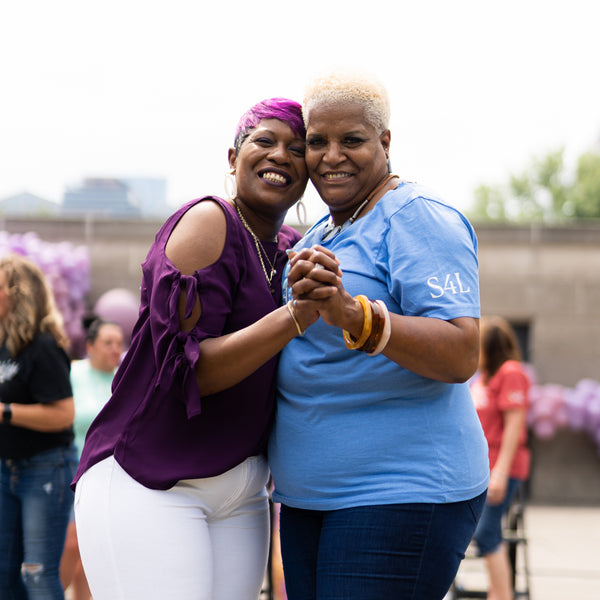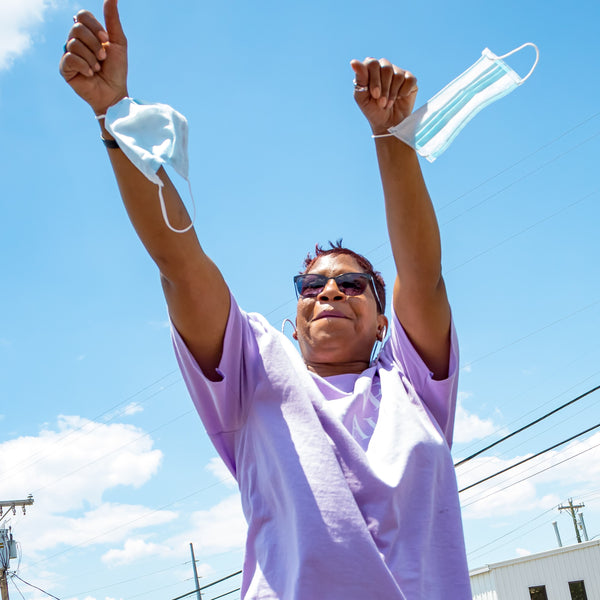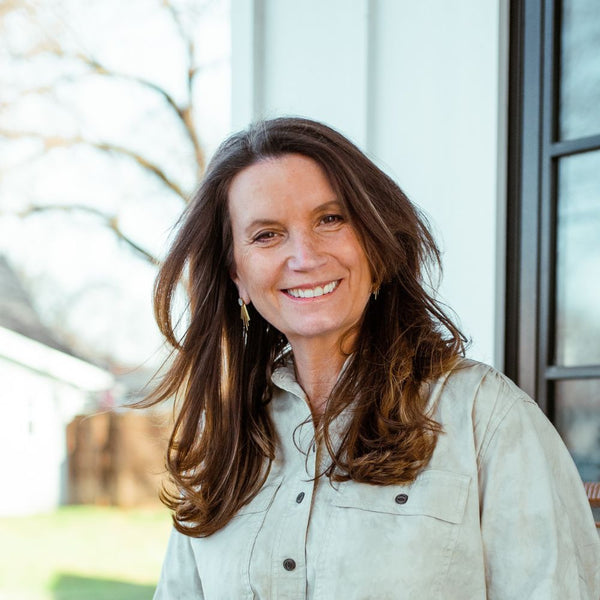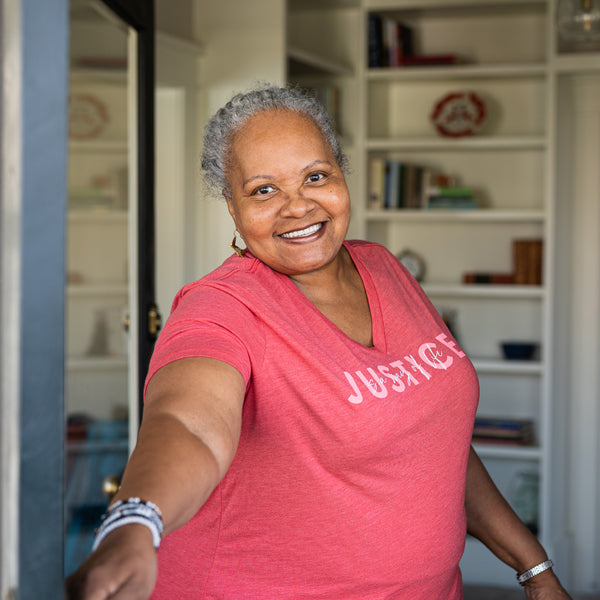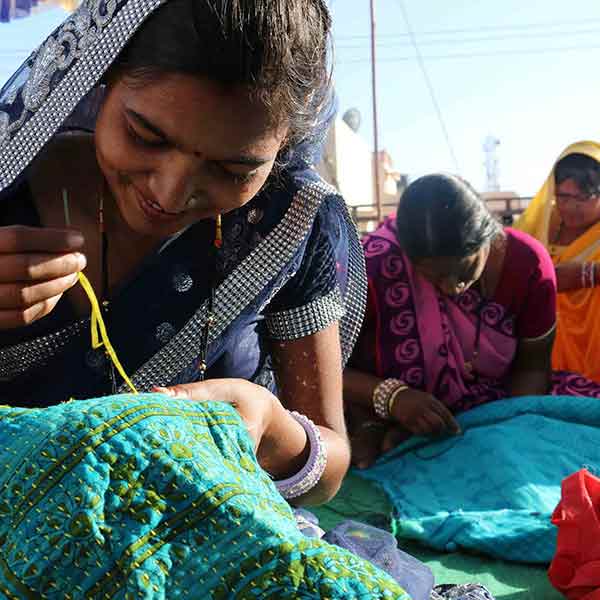Why It's So Hard to Stop Illegal Massage Businesses
ATLANTA — Gather all of your feelings about the sex industry and the massage parlors which shine far brighter on the outside than the rooms within, and you may begin to understand why Faythe is only now sharing her story for the first time. She’s a grown adult with children. She has a stable job, learned to forgive and be forgiven. From outward appearances, she leads a pretty ordinary life.
But Faythe, who asked us to protect her identity for the privacy of her children, overcame some pretty extraordinary things.
“I learned really young how to not speak, how to not have a voice, how to stay silent,” she said.
For decades, Faythe was trafficked for sex. Abused as a child, she learned to do what she was told.
She didn’t know how to fight back when, as a teen, she was taken to a massage business by a friend’s mom and forced to perform sexual acts.
The house got $50 - she got nothing unless she was able to hide the tips.
“I felt like I was unclean," she said. "I felt like I was worthless, and I felt like I was useless. And I really felt like no one saw me.”
As a young adult, she felt trapped.
She told people she was a stripper. That seemed like a more reputable occupation. She never felt anyone, including the police, tried to help her escape.
She wouldn’t have had much to tell the police anyway.
She never met the people running the show. There was a woman who managed the store, but Faythe couldn’t tell police her real name, where she lived or from whom the woman received her orders.
Faythe was born in the U.S., but she said she remembers meeting other women brought over from foreign countries. As an advocate to help those caught in sex trafficking, she has met many more.
“They are promised, you know, great jobs, good money," she said. "They're promised, you know, this American dream. And they will be able to send money back home and support their families."
Other times, that was not the case.
“It's not always that you get promised a dream. Sometimes you don't get promised anything at all. But you do get told, ’I'm going to kill you if you run.’ And that's the part that I think people don't understand. That's why we don't leave," she said.
SEX SELLS
Street Grace, a non-profit that combats sex slavery, said the illegal massage industry represents the second largest form of human trafficking in the United States.
“Literally, we lined up like a police lineup, except we were in lingerie,” Faythe explained. “The guy would choose which one of us he wanted. He would pay the house.”
Faythe said she was relieved when the customer would choose someone else.
The industry caters to sex addicts, she said, and they are probably not the people you expect.

Credit: Rebecca Lindstrom
“They're not exclusive to any race," she said. "They're not exclusive to any job position. You learn that they have kids. You learn that they have wives.”
Not every massage parlor is doing something illegal.
Most are what they appear. Even those that sell sex can have willful workers. But stories like Faythe’s raise questions about what our state is doing to protect the workers who do need it.
“We just need really more regulation on illicit massage businesses,” Dekalb District Attorney Sherry Boston said.
Boston is passionate about protecting women and children from trafficking. She said it often comes coupled with tax evasion and drugs, but the shell companies and layers of organized crime behind the businesses make it tough to investigate.
“They do have a cloak of anonymity," she said. "And they are very often enterprises that are disguised as legitimate businesses. They’re like the Wizard of Oz pulling all of the strings. But getting to the wizard is the difficult part.”
When a person selling sex is arrested, the judicial system is often prosecuting the victim. Proving the business owner not only knew, but helped orchestrate the sale, is tough.
“Those behind-the-scenes people are not the people who are going to be in that business when the police raid it," Boston said. "They are likely in other cities and states, sitting behind a desk collecting thousands and thousands of dollars."
FIGHTING FOR CHANGES
Camila Zolfaghari, the executive director of Street Grace, said a few simple changes could make a big difference.
Her organization is pushing for a statewide limit on spa hours, background checks on business owners, and a ban on residential living inside massage businesses.

Credit: Rebecca Lindstrom
“A sure enough sign, they go in to do an inspection, and you see a room full of mattresses on the floor, a whole bunch of condoms and one burner plate,” Zolfaghari said.
She gave lawmakers a full list of recommendations she hopes will be discussed in the upcoming session.
Street Grace studied reviews from a website that helps customers find businesses with sex to sell. The posts tell you how far a woman is willing to go, rates her appearance and what the customer paid.
“Horrific, treating people as merchandise and reviewing them as you would a meal,” Zolfaghari said.
She said their research conservatively identified 165 illicit massage businesses in Georgia, most in metro Atlanta.
They set up cameras at several of them to count the customers going inside. What they found was a $42 million industry with more than 1,000 customers each month.
“People love money,” said Faythe. “You could sell a gun once, maybe twice, you could sell a bag of weed once, right. But a child and an adult, you can sell over and over and over again.”
Many key politicians, including Gov. Brian Kemp, have posed for photos denouncing human trafficking and promising to do something about it. But Zolfaghari said most of those efforts have targeted children.
The state has yet to go after the owners of massage parlors pimping adults who may be just as helpless. And in reality, most of the changes need to come through local enforcement and code changes.
“You have to care about these victims," she said. "You have to recognize that this is trafficking."
"NO ONE HAS TRIED TO SHUT THEM DOWN"
11Alive’s investigative team, The Reveal, tried to talk with managers at some of the businesses that had recent reviews. One immediately hung up. None returned our call.
The Reveal also tried talking with the people who owned the buildings where sex is allegedly for sale.

Credit: Rebecca Lindstrom
They weren’t always easy to find. Many owners live out of state or use large management firms. Those that would comment didn’t seem too concerned.
We found reviews for a massage business in a building owned by the city of Atlanta. A spokesperson told us they planned to do something about it. But months later, it is still open and the city has refused to comment.
Every agency that you might think would have the power to stop this has a reason why it can’t.
The state licensing board only investigates complaints against "licensed" therapists, not massage businesses. That’s up to police or code enforcement.
Women selling sex usually don’t have a license, and no one is systemically cracking down to make sure that they do.
Faythe said none of the women she worked with were licensed massage therapists.
When complaints are filed, the accusations, even when substantiated, are kept secret. You can go online to find out someone lost their license, but you won’t be able to find out why.
When code enforcement enters a business, they’ve usually called ahead. Zolfaghari said inspectors need authority to go in unannounced.
“Where are they ever going to find actionable evidence to help people trapped in this if they're calling ahead and saying we are coming later today?” Zolfaghari asked.
That’s assuming someone is going in at all.
Zolfaghari said all this gives massage parlors selling illegal services a sense of invincibility.
“They’ve been open in plain sight for in some cases decades and no one has tried to shut them down," she said. "No one has.”
Faythe said she has no doubt that, inside the businesses that do cater to sex addicts, there are people being trafficked.
“I felt shame for so long and so many years because I could never tell my story," she said. "I can never tell anyone because no one wanted to listen."
Faythe shared a message to the women who may be trapped.
“If you hear this, if you see this, if you just get a glimpse of it, just know that you're loved and that there is someone trying to rescue you," she said. "It's time for it to be exposed. It's time for the blinders to come off.”
